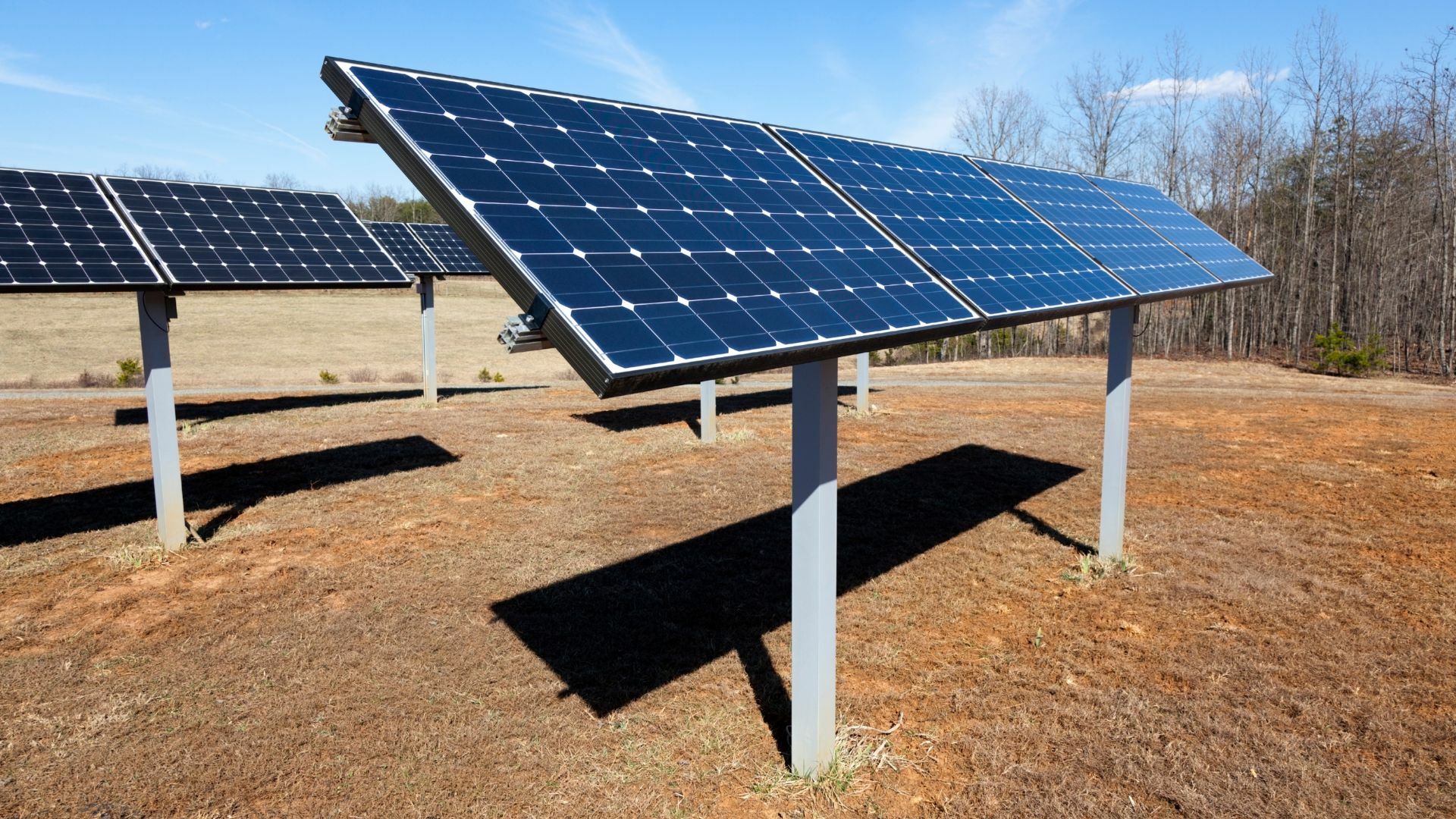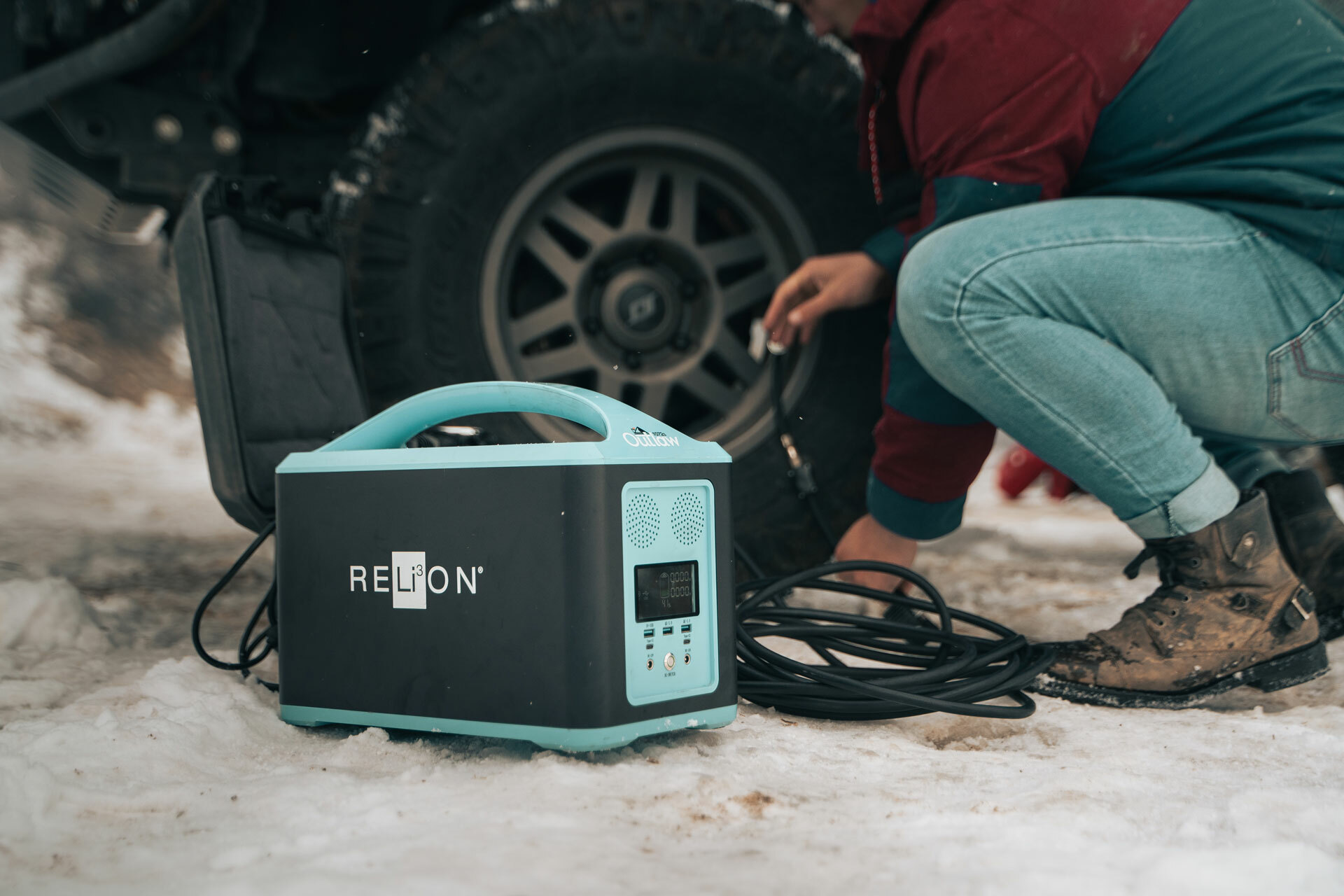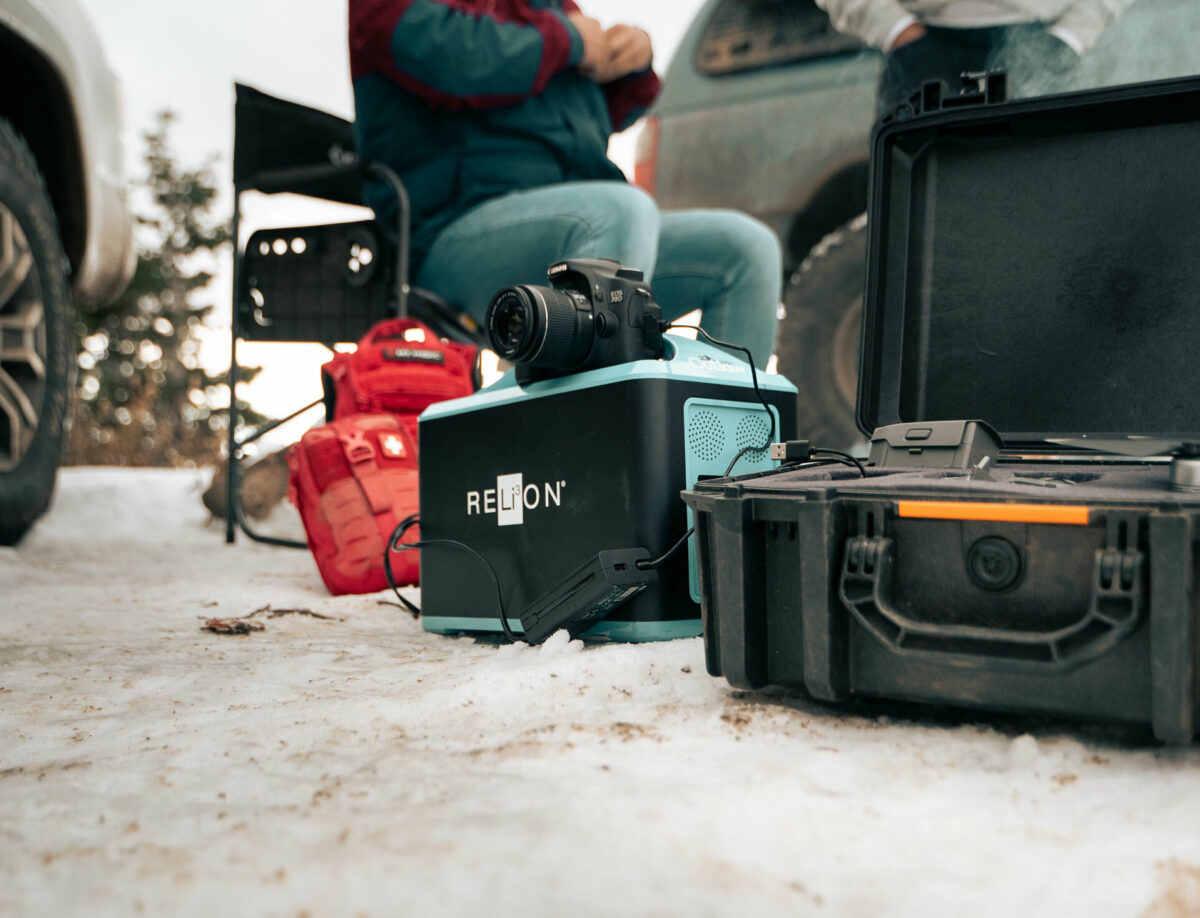Whether you’re a digital nomad who chooses to work remotely or have a job that requires you to work off-grid like a solar installer, it’s essential that you have a reliable source of power to fuel your work each day. Over the past four years alone, there has been a 131 percent increase in the number of digital nomads, or people who often travel to and live in new destinations while working remotely from a laptop. With the growing trend to work remotely and off-grid, it’s important to understand the technical challenges of this lifestyle, what your power generation source options are, as well as how to choose the best battery system for your needs.
Challenges of Working Remote & Off-Grid
Internet Access
Most remote and off-grid jobs require reliable internet access - to send emails, communicate with colleagues, or search the internet. This can often be a challenge when you’re on the go. For example, RV parks often have unreliable internet connections, and remote docks often fail. Many people who work remotely or off-grid full-time have their own systems for internet connection, ranging from cellular service connections to routers, antennas, and cellular boosters. It is also recommended to have backup sources of internet connectivity, such as several cellular data plans as well as potentially even satellite-based connectivity. Starlink is an example of satellite internet that offers internet connectivity across the globe, including on the ocean.
Reliable Power
Once you have your internet connectivity established, you will need to determine the best combination of power generation and energy storage to ensure you’re able to continually power all of your equipment - from boosters to laptops to power drills. When working in remote areas, it’s best to plan ahead so that you select the most reliable and long-lasting options, as a little bit of research and planning goes a long way.
Power Generation Source Options
You have several options when it comes to sources of power generation. Of course, if you have access to shore power when you need it, this is an easy option. However, it’s always good to make sure you have off-grid sources of power generation too - from solar panels to your vehicle’s engine to generators, as shore power may not always be guaranteed. You never want to be stuck with a dead laptop on a long travel day, for example. While generators are an option, they create additional, undesirable dependencies like having to continually refuel. They are also very noisy and emit toxic fumes. Solar panels, while providing intermittent power, can be excellent options when paired with batteries, so that you have access to solar energy even on cloudy days. No matter which power generation source you choose, the most important element will be the battery system.

Choosing the Best Battery System
When working remotely and off-grid, it’s important that you first determine your anticipated daily energy use. This will give you a good idea of what size energy storage system you need. Beyond this, you should look for a system that is: This data is internal to Brunswick.
Long-lasting
One of the key factors to consider is whether your battery system can last you through each day with minimal recharging required. Not only do lithium batteries often last 10 times as long as lead-acid batteries, but they can also be discharged up to 100 percent without damaging the battery. Lead-acid batteries can only be discharged up to 50 percent before needing to be recharged.
Powerful
When you’re in a remote area or on the road, you want to extract maximum power from the battery system you choose. The Outlaw 1072S portable power station, for example, packs a punch with a robust battery capacity of 921.6 Wh (72 Ah) and a 1000W pure sine wave inverter capable of 2000W of peak power. Whether you need to run a TV, or refrigerator, or charge personal electronics, the Outlaw can handle it all.

Light and easily transportable
If you’re going to be on the road or moving around a job site, the last thing you want is to have to lug around a huge battery pack. Fortunately, lithium batteries like the Outlaw 1072S weigh in at just 32 pounds. Lithium batteries, on average, weigh at least half as much as lead-acid batteries, making them the top choice for off-grid or remote work.
Low or no maintenance
Lithium batteries also do not have to be vented or watered like many lead-acid batteries. This allows you to focus exclusively on your work without any unnecessary distractions.
Don’t take our word for it though. Check out all of the remote workers who have been relying on lithium batteries to power up their jobs across the globe. If you have any questions about the best system for your off-grid or remote work, get in touch with an expert at RELiON today.
